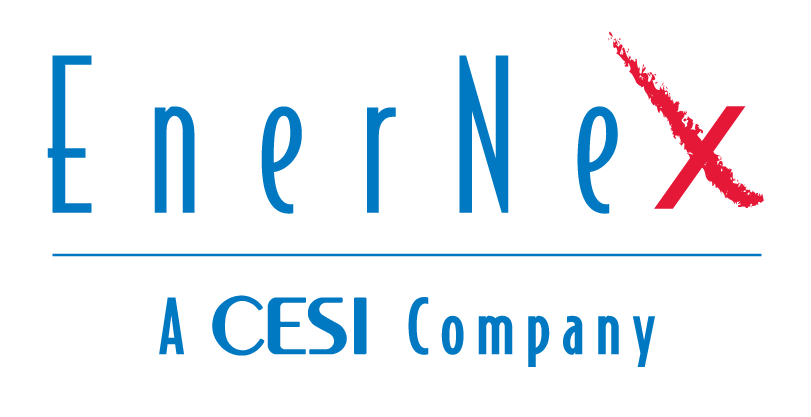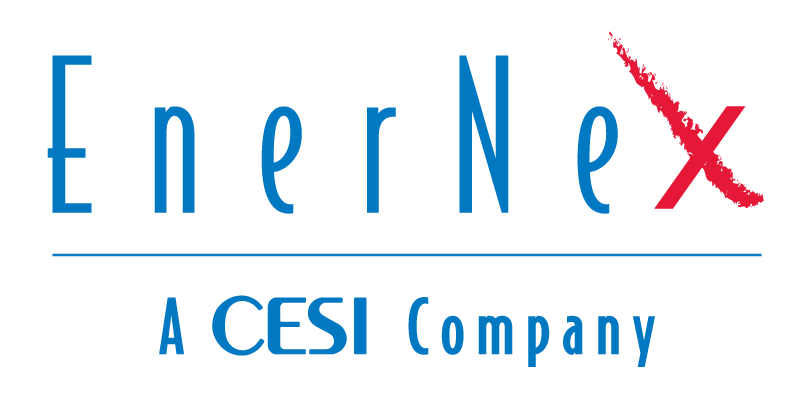By Jeremy Laundergan
hack·neyed (adjective) a phrase or idea lacking significance after being overused.
The use of the term “use case” has been misused, over-used and misconstrued so much recently that the interpretation of this term has created some confusion about the usefulness of this methodology.
Use Case methodology is a structured approach for identifying and documenting system requirements and interactions, and provide a foundation for associated business processes. EnerNex and EPRI worked together on the Intelligrid methodology which borrows the use case approach for software development and applies it to increasingly complex and integrated operational systems at utilities. A use case shows sequential interactions and roles of actors (both people and systems), identify internal and external actors and provide a structured format for developing and documenting sometimes complex interactions between actors to achieve a desired outcome.
Use Cases follow a standard and template that, as a minimum, must include:
- Actors – an object that has a role (can be a person, element, system or organization)
- Actions or Function – things the actors do
- Relationship among actors – interaction of actors among other actors or systems
- Scenarios – situation steps that identify normal and abnormal conditions and the sequences that are taken
EnerNex assisted Southern California Edison (SCE) as one of the pioneers who developed a comprehensive set of Use Cases utilizing the EPRI Intelligrid process to define the capabilities of an Advanced Metering Infrastructure in 2006. EPRI’s Smart Grid Resource Center has a publically available use case template and a repository of use cases. The EPRI Intelligrid process can be represented by the following future and a more in depth description can be found in the 2011 EnerNex white paper on Grid Modernization Strategy and Implementation that contained this illustration.
The use cases in the EPRI repository cover many operational domains aligning with the NIST conceptual architecture framework including Customer Service, Distribution Operations, Market Operations, Transmission Operations, Distributed Energy Resources, Federated System Management Functions and Microgrids. The NIST Smart Grid Interoperability Panel (SGIP) also collected reference use cases that are publically available.
EnerNex continues to utilize the use case approach to work with our clients to provide a structured approach for deriving requirements in advance of system procurement as well as to initiate cross functional business processes. This formalized use case approach for requirements development is a proactive risk mitigation approach in order to reduce the number of potential changes from solution providers orders due to incomplete system requirements embedded within procurement documents. Luckily, we no longer need to work from a blank sheet of paper and can leverage and refine our library of use cases for specific client initiatives. EnerNex’s work with EPRI, NIST, SCE and others developing foundational use cases provides the experience and depth of knowledge necessary for utility grid modernization.



